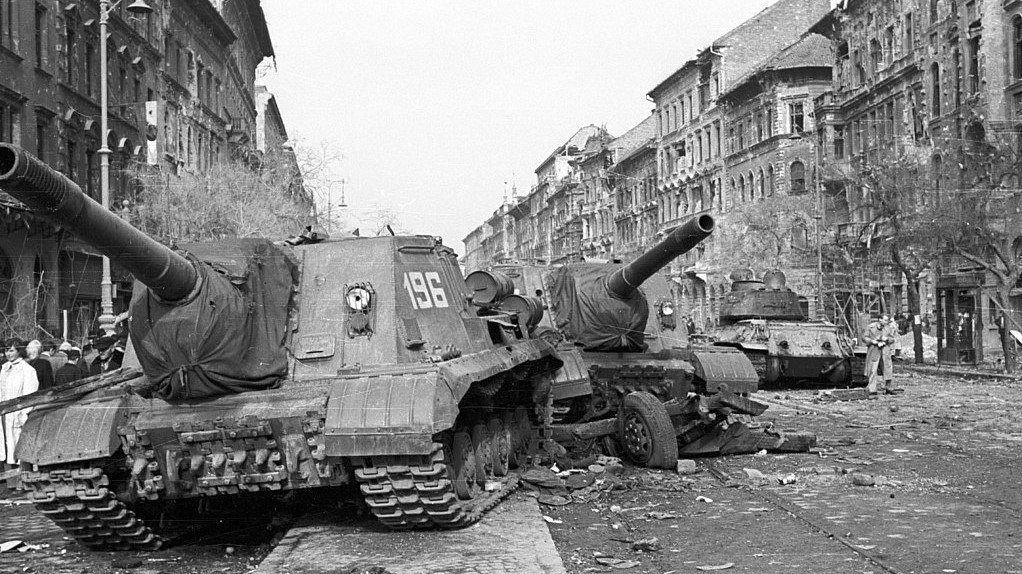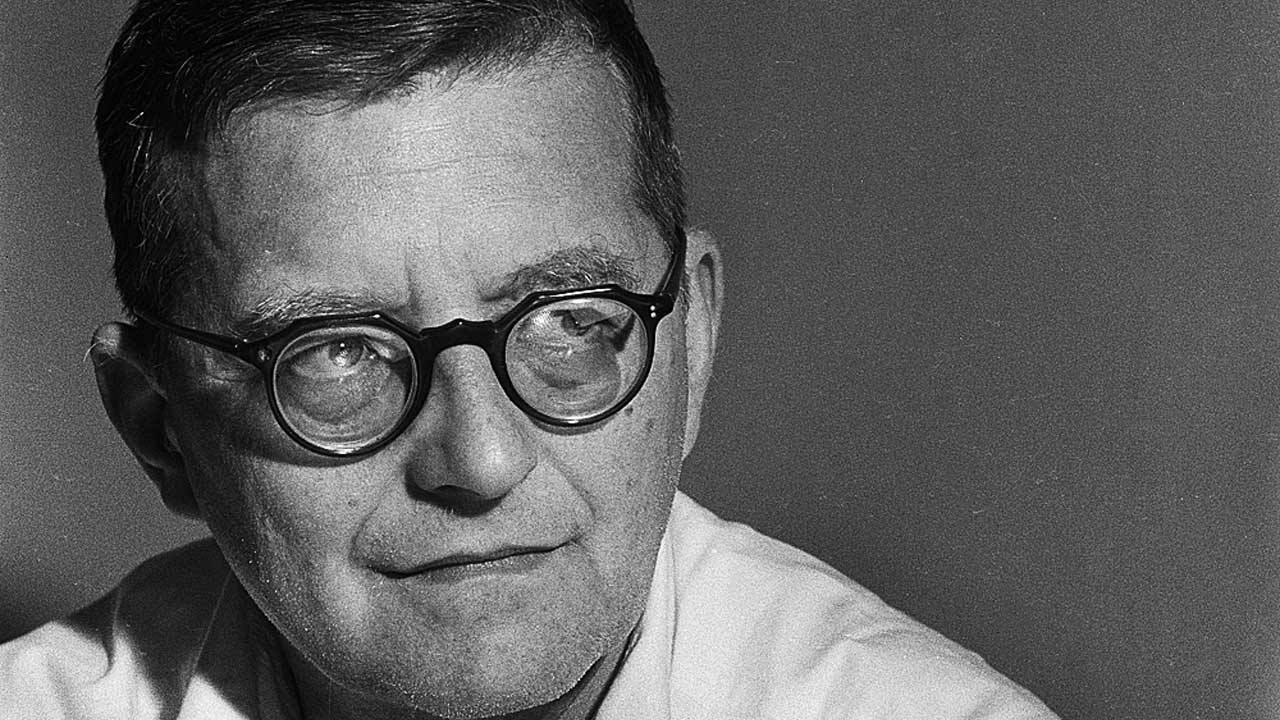Shostakovich’s First Piano Concerto: Parody and Sardonic Humor
Dmitri Shostakovich’s Piano Concerto No. 1 in C minor is the musical equivalent of a smirking jokester. It is a rule-breaking, Neo-baroque romp filled with sardonic humor, parody, and fleeting musical quotes. Completed by the young Shostakovich in 1933, it is actually a double concerto in which the solo trumpet and piano converse against the backdrop of a string orchestra. (The alternate title is “Concerto for Piano, Trumpet, and String Orchestra”). By …







